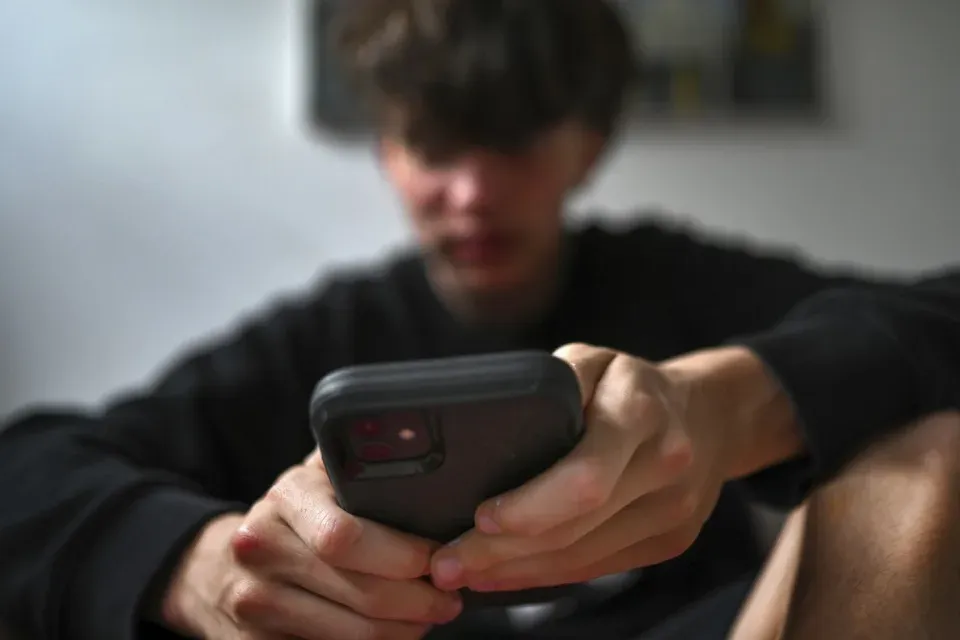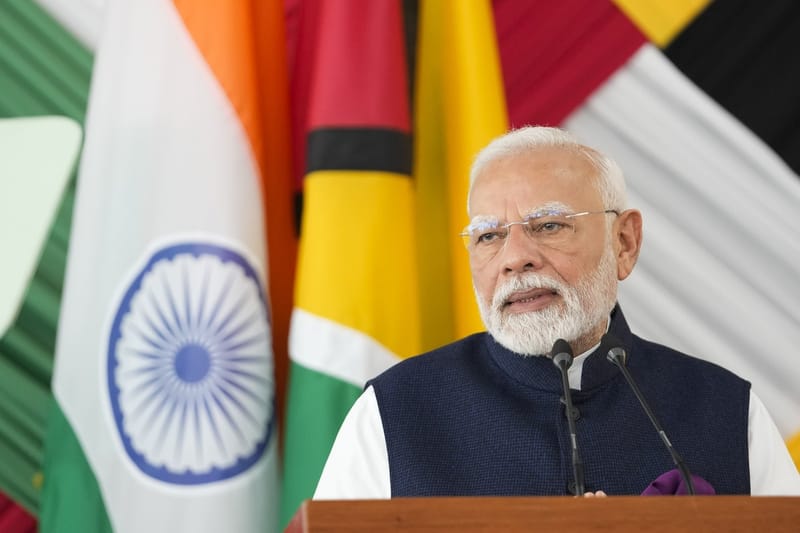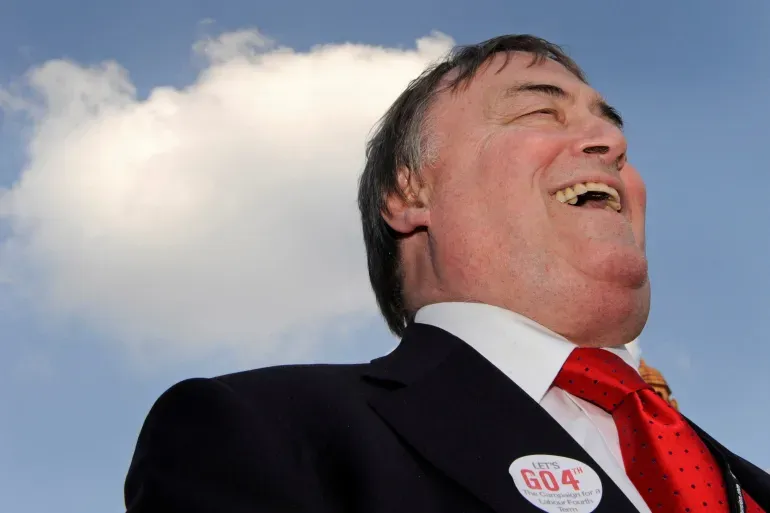A social media ban for under-16s passes the Australian Senate and will soon be a world-first law
The Senate passed the bill 34 votes to 19. The House of Representatives on Wednesday overwhelmingly approved the legislation by 102 votes to 13.

The Australian Senate has passed a landmark bill that will ban children under the age of 16 from using social media, setting a precedent as the world’s first such law. The legislation, which includes platforms like TikTok, Facebook, Snapchat, Reddit, X, and Instagram, holds these companies liable for fines of up to 50 million Australian dollars (around $33 million) if they fail to prevent children from creating accounts.
The bill was approved by the Senate with a vote of 34 to 19, following an overwhelming 102-13 approval in the House of Representatives the previous day. While the House has yet to ratify amendments made in the Senate, this step is expected to be a formality, as the government has already agreed to the changes.
The platforms will be given a year to implement measures to comply with the new law before penalties are enforced.
Meta Platforms, which owns Facebook and Instagram, expressed concerns, stating the legislation was “rushed.” The amendments to the bill strengthen privacy protections, prohibiting platforms from requiring government-issued identification, such as passports or driver’s licenses, or forcing users to verify their identity through government systems.
The House is set to approve these amendments on Friday. However, some critics of the bill worry that the age restrictions could harm privacy for users who need to verify they are over 16, potentially creating challenges for individuals trying to protect their personal information.
Despite broad support from major political parties, child welfare and mental health advocates have raised concerns about the potential unintended consequences of the legislation. Sen. David Shoebridge from the Greens party noted that many mental health experts agree the ban could dangerously isolate children who use social media to seek support, particularly in regional communities and among the LGBTQI youth.
“This policy will hurt vulnerable young people the most, especially in regional communities and especially the LGBTQI community, by cutting them off,” Shoebridge stated in the Senate.
Opposition Sen. Maria Kovacic, however, argued that the bill was not extreme but essential. “The core focus of this legislation is simple: It demands that social media companies take reasonable steps to identify and remove underage users from their platforms,” she said. “This is a responsibility these companies should have been fulfilling long ago, but for too long they have shirked these responsibilities in favor of profit.”
Sonya Ryan, an online safety campaigner whose daughter Carly was tragically murdered by a predator posing as a teenager online, praised the Senate’s decision. “It’s too late for my daughter, Carly, and the many other children who have suffered terribly... but let us stand together on their behalf and embrace this together,” Ryan said in an email.
Wayne Holdsworth, whose son Mac tragically took his own life after falling victim to an online sextortion scam, also expressed pride in the Senate’s decision. "I am bursting with pride," Holdsworth said in an email.
Christopher Stone, executive director of Suicide Prevention Australia, criticized the law, arguing that it overlooked the positive role social media can play in supporting young people's mental health. “The government is running blindfolded into a brick wall by rushing this legislation. Young Australians deserve evidence-based policies, not decisions made in haste,” Stone said in a statement.
While platforms have raised concerns about the practicality of the law, urging a delay until 2025 for further evaluation of age-assurance technologies, Meta Platforms expressed their respect for Australian laws but also criticized the hurried process. “We are concerned about the process which rushed the legislation through while failing to properly consider the evidence,” the company stated.
Critics argue that the legislation is politically motivated, with the government aiming to gain favor with parents ahead of the upcoming election. Some believe the law could have more negative effects than positive, including increased privacy risks, limited parental control, and potentially pushing children to less safe spaces on the internet. Furthermore, the ban could discourage young people from reporting online harm, reduce incentives for platforms to improve safety, and prevent children from accessing the positive aspects of social media.





